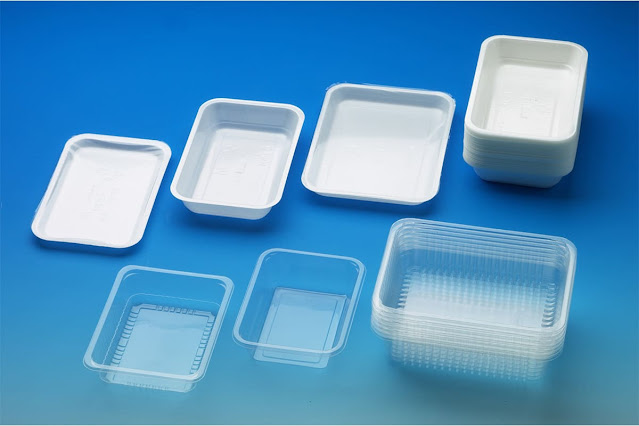Phenolic Resins in Marine Coatings: Anti-Corrosion and Antifouling Properties
Phenolic resins have proven to be highly effective in marine coatings, offering essential anti-corrosion and antifouling properties that are vital for protecting ships, offshore structures, and marine equipment from harsh marine environments. Marine coatings based on phenolic resins provide an excellent protective barrier against corrosion caused by exposure to saltwater, seawater, and various environmental contaminants.
Anti-Corrosion Properties:
One of the key advantages of
using phenolic resins in marine coatings is their outstanding resistance to
corrosion. When applied as a protective coating on metal surfaces, phenolic
resins create a durable and impermeable barrier that shields the underlying
substrate from corrosive agents. The resin's chemical inertness and high
cross-linking density help prevent the penetration of moisture, oxygen, and
aggressive ions, which are primary factors that contribute to corrosion.
In marine environments, ships and
offshore structures are constantly exposed to saltwater, leading to a higher
risk of corrosion. Phenolic resin-based marine coatings form a robust barrier
that protects against the corrosive effects of saltwater, extending the
lifespan of marine assets and reducing maintenance costs.
According to Coherent Market Insights, the Global
phenolic resins market was valued at US$ 14605.0 Million in 2021 in
terms of revenue, exhibiting a CAGR of 4.84 % during the forecast period (2022
to 2030).
Antifouling Properties:
Marine coatings with phenolic
resins also exhibit excellent antifouling properties, which are crucial for
preventing the attachment and growth of marine organisms, such as barnacles,
algae, and mollusks, on the ship's hull. Fouling can lead to increased
hydrodynamic drag, reduced fuel efficiency, and potential damage to the hull's
integrity.
Phenolic resin-based antifouling
coatings incorporate biocides and other additives that deter marine organisms
from attaching to the surface. The resin matrix effectively releases these
biocides over time, creating a toxic environment for fouling organisms without
harming the marine ecosystem.
Additionally, phenolic
resin based antifouling coatings benefit from their smooth and
non-porous surface characteristics. The smooth surface reduces the
opportunities for marine organisms to find suitable attachment sites, making it
more challenging for them to establish colonies.
Environmental Considerations:
While phenolic resin-based
antifouling coatings are highly effective in preventing fouling, there have
been environmental concerns regarding the release of biocides into the water.
In response to these concerns, researchers and manufacturers are actively
exploring the development of eco-friendly antifouling coatings with reduced
environmental impact.
Some eco-friendly alternatives
include using natural antifouling agents derived from marine organisms or
developing smart-release coatings that release biocides in a controlled manner,
minimizing their dispersion in the marine environment.
Phenolic
resins have demonstrated exceptional anti-corrosion and antifouling
properties, making them invaluable components in marine coatings. These
coatings play a critical role in preserving the integrity and performance of
ships, offshore structures, and marine equipment, protecting them from the
harsh conditions of marine environments.
As research and technology
continue to advance, the marine coatings industry is striving to strike a
balance between effective protection and environmental sustainability.
Innovations in eco-friendly antifouling solutions and improved phenolic resin
formulations will further contribute to a more sustainable and efficient marine
industry, benefiting both marine assets and the delicate marine ecosystems.



Comments
Post a Comment